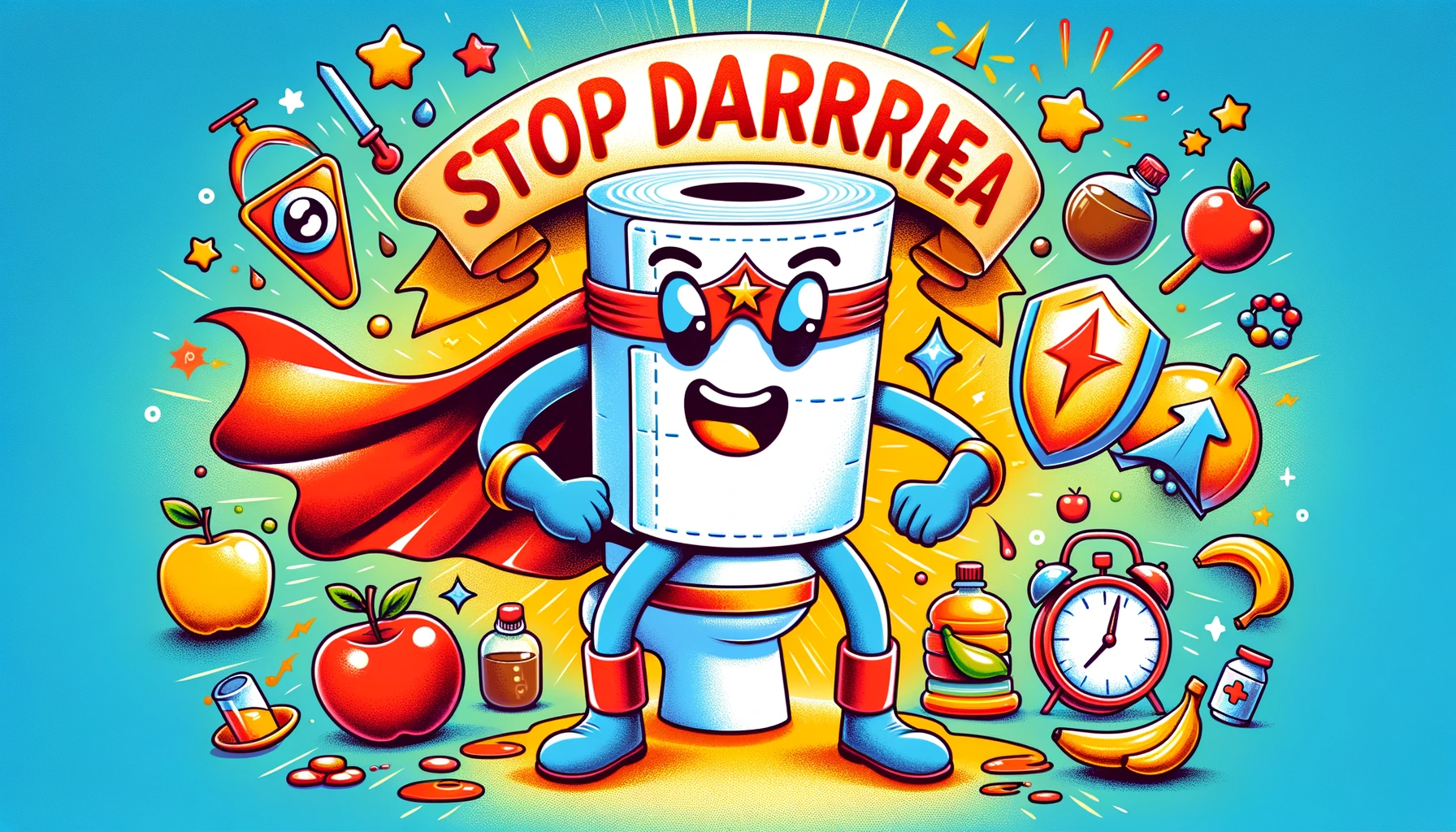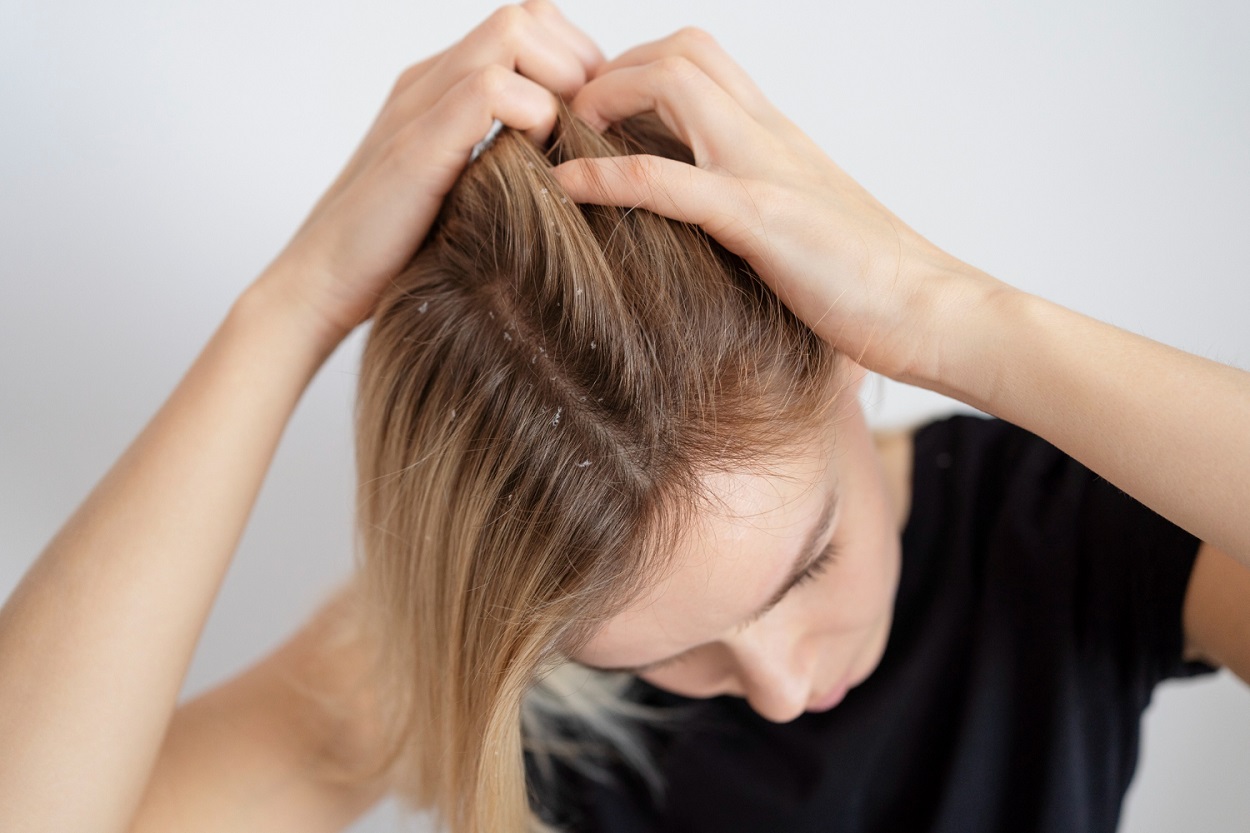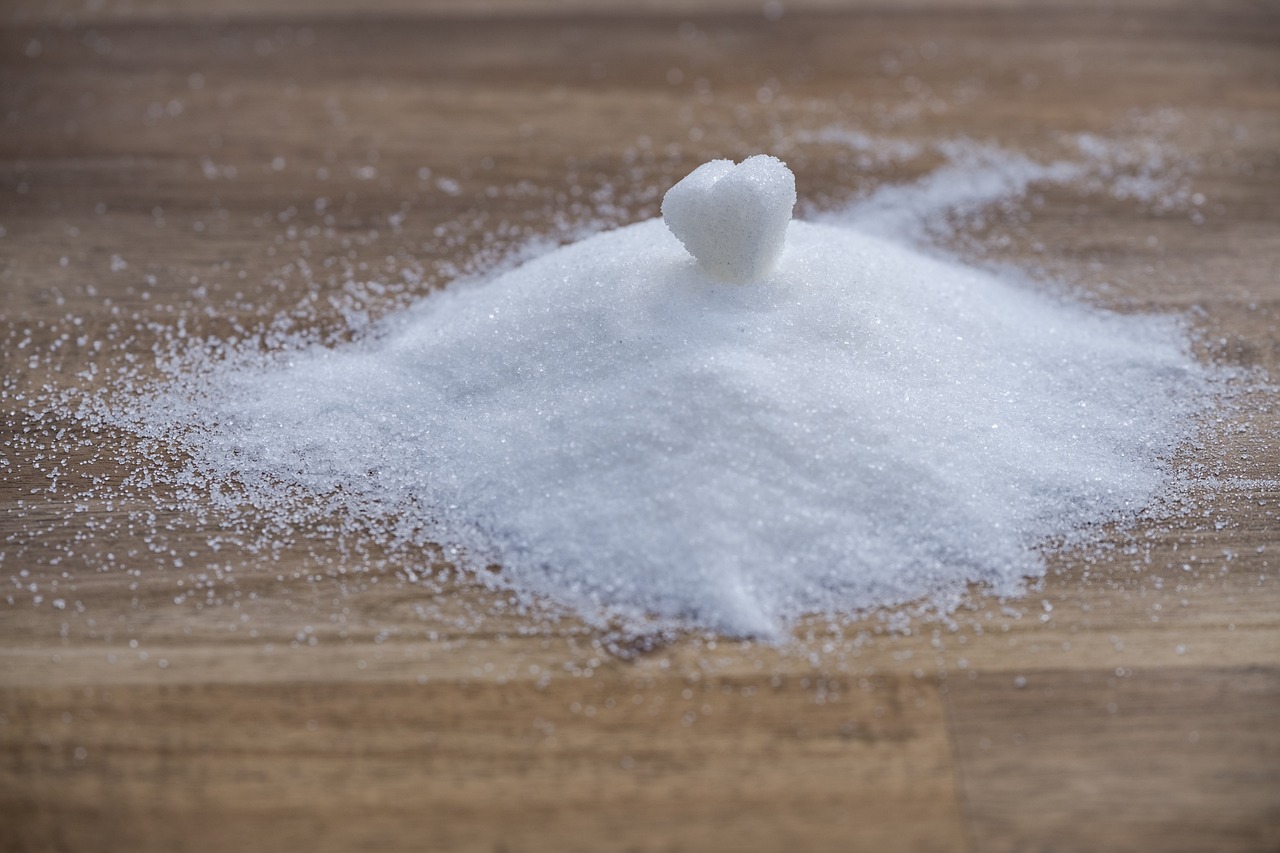Diarrhea – the great equalizer, the unspeakable truth, the uninvited guest at life’s party. It’s like that one friend who overstays their welcome, except it’s not your friend, and you really wish it would take the hint and leave. But fear not! Through this guide, we’ll navigate the turbulent waters of managing diarrhea, armed with knowledge, a bit of cheeky humor, and, most importantly, toilet paper.
Understand Thy Enemy: Diarrhea Edition
First things first, let’s get cozy with our frenemy, diarrhea. It’s the body’s rapid-fire response to unwanted guests, whether they be microbes, food offenders, or stress. Think of it as your digestive system hitting the panic button. Here’s a deeper dive into why your gut might be throwing a tantrum:
- Infection Invasion: Bacteria, viruses, and parasites are like the uninvited party crashers. They can come from contaminated food or water (remember the suspicious street food?), or from being in close contact with someone who’s ill. Common villains include the likes of E. coli, Salmonella, and Norovirus.
- Food Foes: Lactose intolerance, gluten sensitivity, or simply eating something that doesn’t sit right can lead to a gastrointestinal protest. It’s like your stomach saying, “I specifically requested no dairy in my latte, thank you very much.”
- Medication Mayhem: Some medications, especially antibiotics, can disrupt your gut flora. They’re like a bulldozer in a flower garden – effective but sometimes overly destructive.
- Chronic Culprits: For some, diarrhea is a regular character in the story, thanks to conditions like Irritable Bowel Syndrome (IBS), Inflammatory Bowel Disease (IBD), or Celiac Disease.
- The Stress Mess: Never underestimate the power of stress. Your brain and gut are in constant conversation, and when the brain is stressed, the gut often feels the ripple effect.
Is Diarrhea a Danger?
While it’s often more of an inconvenience than a danger, don’t underestimate this watery foe. Dehydration is the main risk, especially in children and the elderly. Chronic or severe diarrhea can lead to nutrient deficiencies and electrolyte imbalances, which in technical terms, is not great.
To Treat or Not to Treat: That Is the Question
Mostly, diarrhea is the body’s way of clearing out the bad stuff, like a natural detox (but less trendy and more unpleasant). Sometimes, it’s better to let it run its course, especially if it’s mild and short-lived. However, if you’re dealing with severe symptoms, dehydration, or it’s lasting longer than a couple of days, it’s time to intervene. And if there’s blood, severe pain, or fever, call your healthcare provider – that’s like your gut waving a red flag and screaming for help.
So understanding the cause of diarrhea is crucial. It’s usually not a sign of something serious, but it’s important to listen to your body’s signals. When in doubt, or if symptoms persist, seeking medical advice is always the best course of action. After all, it’s better to be safe than sorry, especially when it comes to your health. Now let’s move to the steps on how to deal with this watery menace.
Navigating the Turbulent Waters of Diarrhea
Hydration: Your Liquid Lifeline
Remember, with great diarrhea comes great dehydration. It’s crucial to stay hydrated. And no, coffee and alcohol aren’t going to cut it. Think water, electrolyte solutions, and the tears of your enemies (just kidding, stick to water and electrolytes). Staying hydrated isn’t just good advice; it’s your intestinal tract’s love language.
BRAT Diet: Not Just for Toddlers
Enter the BRAT diet: Bananas, Rice, Applesauce, and Toast. Sounds like a toddler’s dream meal, but it’s actually a lineup of foods that are easy on the stomach. These low-fiber, high-binding foods are like the Avengers for your gut – they assemble to bring back order and peace.
Medicinal Magic (But Consult Your Wizard)
Over-the-counter medications can be helpful, but before you start popping pills like they’re candy, remember – some are more Gandalf, and others are more Saruman. Consult with your doctor to find the right spell for your specific situation. Common choices include loperamide (Imodium) for slowing the gut’s motility and bismuth subsalicylate (Pepto-Bismol) for coating the intestinal lining.
Probiotics: The Friendly Bacteria Bonanza
You know how superheroes have sidekicks? Well, in the epic tale of your digestive system, probiotics are the trusty sidekicks. They’re the good bacteria that help restore the natural balance in your intestines. Think of them like the peacekeepers after a riot in your gut. Yogurt, kefir, sauerkraut, and other fermented foods are your go-to allies. Or, if you prefer your bacteria in pill form, there’s always the supplement route.
The Spice of Life? Maybe Not Right Now
We all love a bit of spice in our life, but when it comes to diarrhea, it’s time to be as bland as a sitcom without a laugh track. Spicy, fatty, and fried foods are like adding fuel to a fire – and not in a good way. Stick to plain and simple meals. Your stomach will thank you, even if your taste buds temporarily file a complaint.
Exercise: A Gentle Approach
While running a marathon might not be the best idea (for multiple reasons), gentle exercise can help. Think of it as taking your intestines for a calming walk, not a sprint. Light walking or yoga can aid digestion and reduce stress – because, let’s face it, having diarrhea is stressful enough.
Stress Less: Easier Said Than Done
Speaking of stress, it’s like adding insult to injury with diarrhea. Stress can actually exacerbate your symptoms. So, try to chill out. Maybe meditate, watch a comedy show, or take up knitting – whatever floats your boat in these choppy waters.
Conclusion: The End of the Road (Hopefully a Less Traveled One)
In the end, while diarrhea is as fun as stepping on a Lego piece in the dark, it’s usually not serious and can be managed with some simple home remedies and lifestyle changes. But remember, if your symptoms persist or worsen, it’s time to call in the cavalry (i.e., your doctor). They’re like the superhero team leader who steps in when things get too wild.
So there you have it – a guide to stopping the non-stop. Here’s to firmer days ahead and a toilet that sees a little less of you!
Pro Tips: Mastering the Art of Diarrhea Management
As we near the end of our epic journey through the land of loose stools, here are some pro tips to help you emerge victorious:
- Keep a Food Diary: Become a detective in your own digestive drama. Track what you eat and how it affects you. This can help identify food triggers or intolerances. Plus, it gives you an excuse to buy a fancy notebook.
- Hygiene Heroics: Wash your hands like you’re scrubbing away your sins. Good hygiene can prevent the spread of infections that cause diarrhea. Think of handwashing as your shield in this battle.
- Travel Smart: If you’re a globe-trotter, be cautious with food and water in areas where sanitation is questionable. ‘Traveler’s diarrhea’ isn’t the souvenir you want. Bottled water and well-cooked foods are your best friends abroad.
- Mind Your Meds: If you suspect a medication is the culprit, talk to your doctor before changing anything. Going rogue with your meds is like trying to defuse a bomb without a manual.
- Heed the Hydration Signals: Dehydration can be sneaky. Watch for signs like decreased urination, dry mouth, and dizziness. Rehydrating isn’t just about water – consider oral rehydration solutions or sports drinks to replenish electrolytes.
- Know When to Fold ‘Em: If symptoms are severe or persistent, wave the white flag and consult a healthcare professional. It’s important to know when the battle is beyond your home remedies.
- Comfort is Key: Invest in soft, quality toilet paper or consider a bidet. Your future self will thank you. And if you’re on the go, a little emergency kit with wipes, sanitizer, and a change of clothes can be a lifesaver.
- Rest and Recover: Your body is working overtime, so give it some TLC. Rest as much as possible to help your body recover. This is a great excuse to binge-watch your favorite show.
- Stay Positive: Remember, this too shall pass (pun intended). Keeping a sense of humor and a positive attitude can help you cope better. Laughing might be the last thing on your mind, but it’s a powerful medicine.
FAQ: Everything You Wanted to Know About Diarrhea
Generally, if your personal poo saga extends beyond two or three days for adults, or 24 hours for children, it’s time to consult a doctor. Chronic diarrhea, lasting more than a couple of weeks, deserves a spotlight and a doctor’s appointment.
While no food can slam the brakes on diarrhea like magic, certain foods can help. The BRAT diet (bananas, rice, applesauce, and toast) is a classic go-to. These foods are bland, gentle on the stomach, and low in fiber, which can help firm things up.
If it’s caused by an infection (like a virus or bacteria), then yes, it can be as sociable as a talkative neighbor. Good hygiene, especially handwashing, is crucial to keep it from spreading.
Many over-the-counter remedies like loperamide and bismuth subsalicylate can be effective. However, they’re not suitable for everyone, especially if there’s a fever or bloody stools involved. When in doubt, consult your healthcare provider.
Absolutely. Stress can upset your digestive system, leading to diarrhea. It’s like your gut is throwing a temper tantrum. Managing stress through relaxation techniques can be beneficial.
While it’s often not serious, it can be a symptom of conditions like IBS, IBD, or infections. Persistent or severe symptoms, especially with other warning signs like blood, should prompt a medical consultation.
As important as a parachute when skydiving. Diarrhea can lead to dehydration, especially in children and the elderly. It’s crucial to drink plenty of fluids and consider oral rehydration solutions.
Gentle exercise might aid digestion and reduce stress. But this isn’t the time to set personal fitness records. Listen to your body – if you feel weak or dehydrated, rest is the best exercise.
Yes, children can become dehydrated more quickly, so it’s important to monitor their fluid intake and seek medical advice sooner. Also, over-the-counter remedies used for adults may not be suitable for children.



